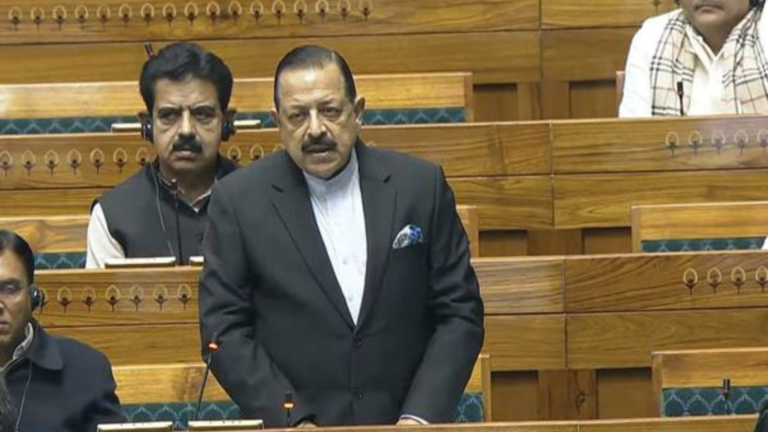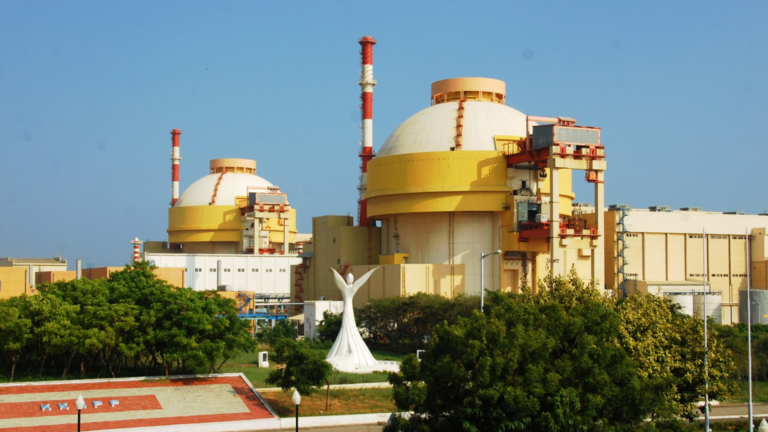Meta signs nuclear energy agreements with Oklo, TerraPower and Vistra
Meta has announced agreements with Oklo, TerraPower and Vistra following its nuclear request for proposal process to support new and existing nuclear energy projects in the United States. The company said the agreements aim to add clean and reliable power to electricity grids while supporting its growing data centre and artificial intelligence operations. The projects are expected to support up to 6.6 GW of new and existing clean energy capacity by 2035 and create thousands…



